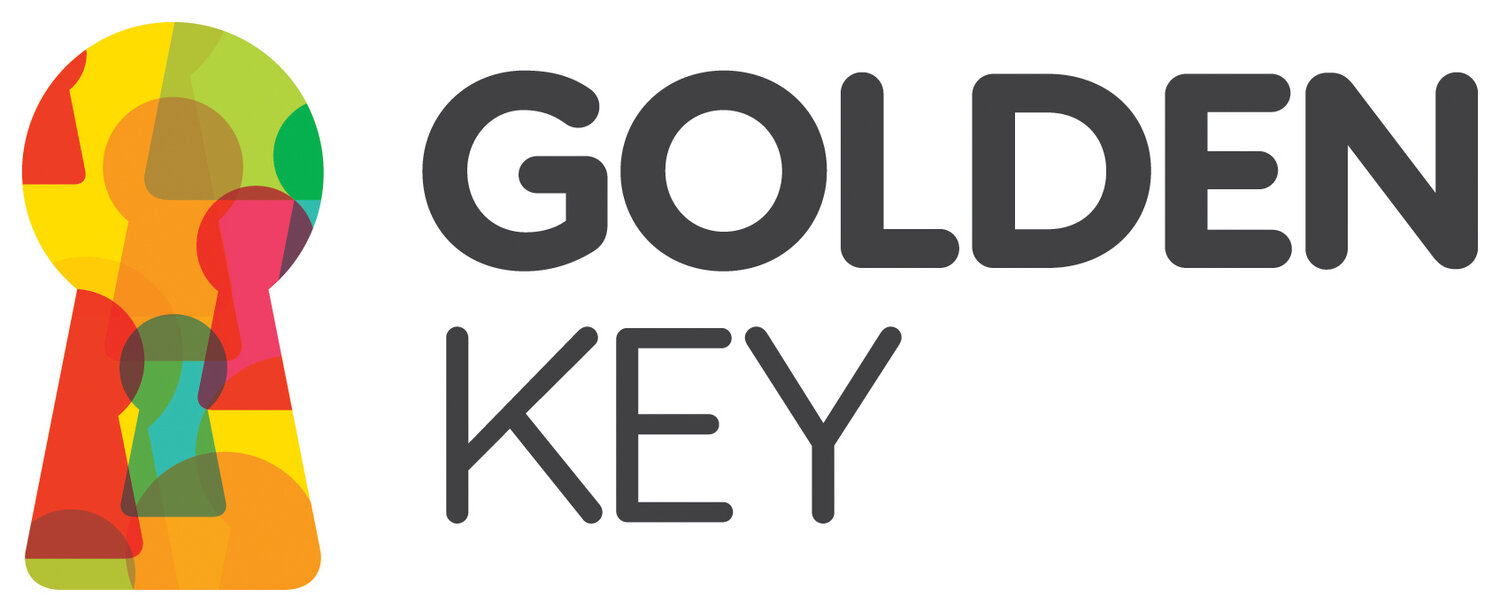The value of lived experience
Jason, a member of Independent Futures, makes the case for rewarding consultants with lived experience fairly.
I was intrigued by a discussion piece I saw on the Andrew Marr show recently about a universal basic income and it got me thinking about inequality and how we become trapped by inequalities within the system.
I have long been an advocate for the voice of lived experience. Our insights add value to services and I believe people with lived experience should be rewarded fairly for their work.
I have noticed that we are more than happy to pay for entertainment, for sporting heroes, for celebrities and for gossip. We seek an emotional connection to sports people or teams, to entertainers, to institutions and we aspire in some ways to attain their status, like it will protect us from life's harms. And in doing so, we avoid what stares us in the face every day: inequality.
Why do people place such a low price on those most in need yet are happy to pay lots to feel connected to celebrities?
Why are real emotional connections not valued more? In many ways, emotional connection is what co-production and lived experience is all about. It brings data and statistics to life, it helps people connect with their work and its purpose.
The argument given for universal basic income in the Andrew Marr Show included its positive impact on poverty, as well as on social inclusion and mental health. Sadly I think we are far from the reality of a universal basic income in this country.
It reminded me of a recent discussion I had about the basic wage, the living wage, and how lived experience should be valued. For a long time, people with lived experience weren’t rewarded for their work. When I started out, service users were often asked for their input on a free, voluntary basis or were offered nominal payments or vouchers. Over time, I’m pleased to see that this has started to change.
I appreciate all the progress that has been made in the way that the voice of lived experience is involved at the planning stages of many organisations and services, in Bristol and across the country, and that paying for our input is more common. But there is still a disparity between organisations in how they choose to reward the work of people with lived experience. Some still expect us to work for free, while some give a “thank you” voucher and others pay. The rates of pay vary greatly between organisations too and this despite many discussions about how our work should be rewarded.
Bristol City Council is aiming for Bristol to become a living wage city by 2023 - the living wage being £9.50 currently. I argue that lived experience consultants should be paid at least the living wage.
I sometimes wonder if those who are opposed to this might be suffering from unconscious bias. Is there an underlying perspective or a questioning of whether we should reward lived experience voices i.e. people who may have broken the law or are considered by some as “less worthy” due to their reliance on benefits or through their complex needs?
As a society we are happy to pay for professionals to provide support for mental health, homelessness, substance misuse and the many other issues we humans suffer from. Now I am asking you all to support a fair wage for those with lived experience who are contributing to making the system better and fairer for everyone. Let’s promote the value of lived experience, reduce stigma, challenge unconscious bias and push for equality!
